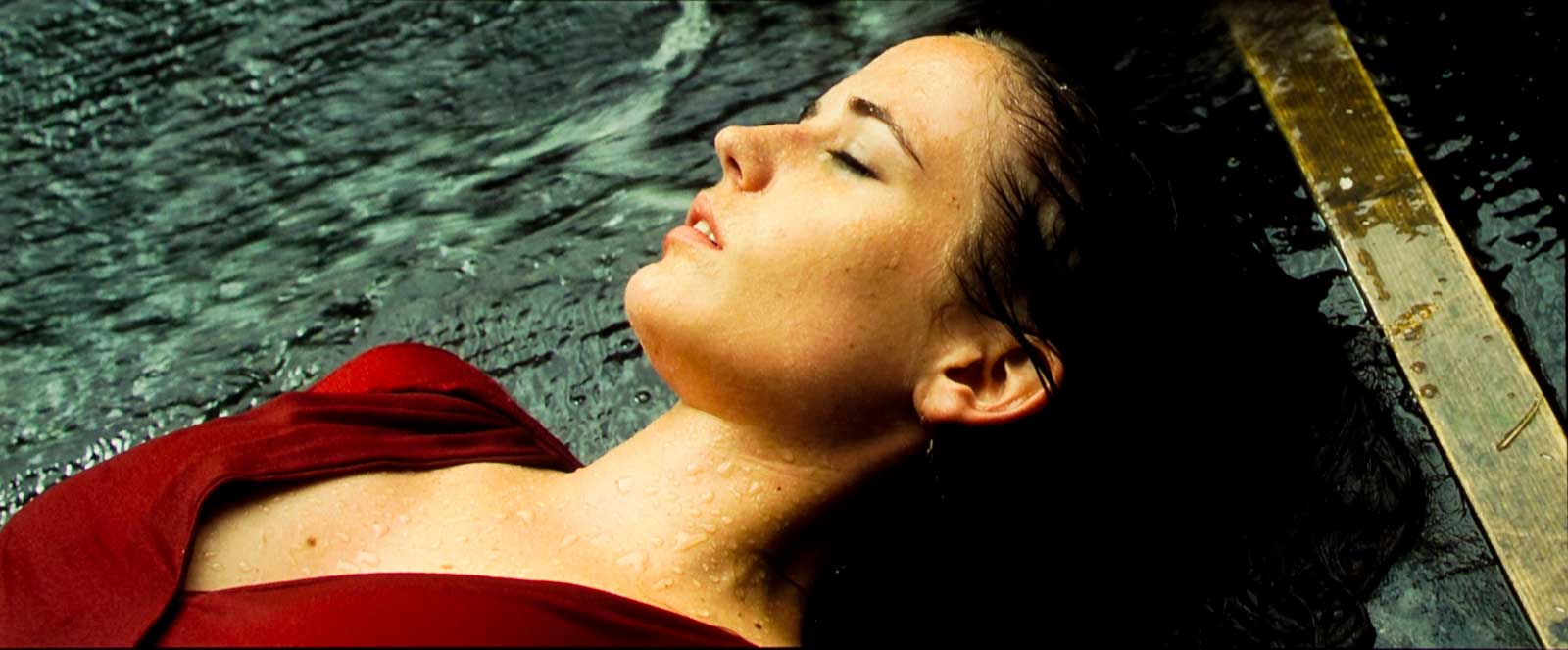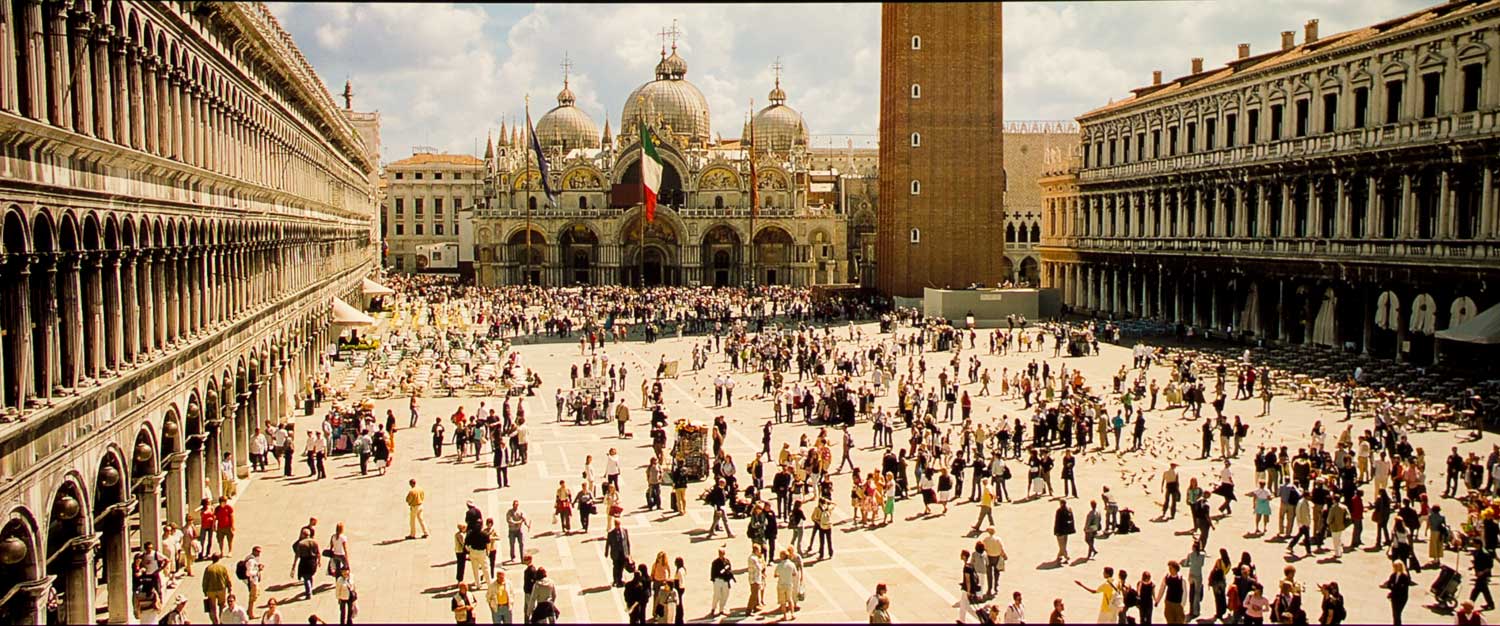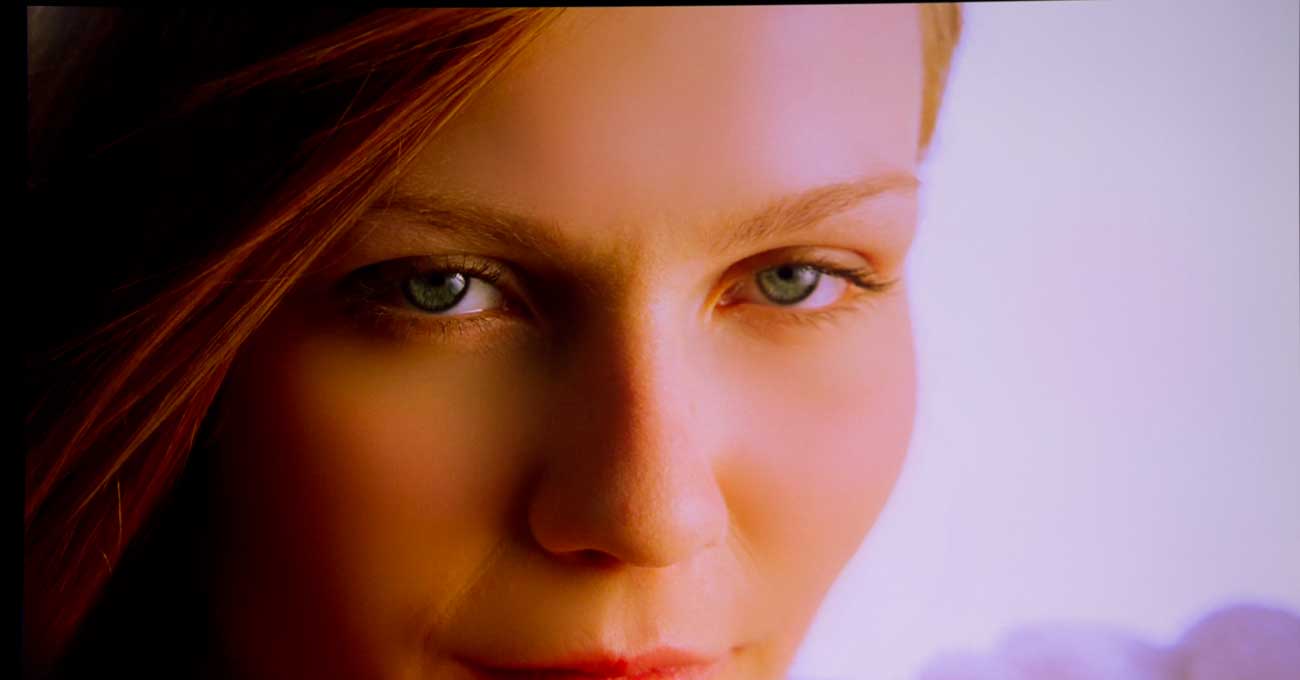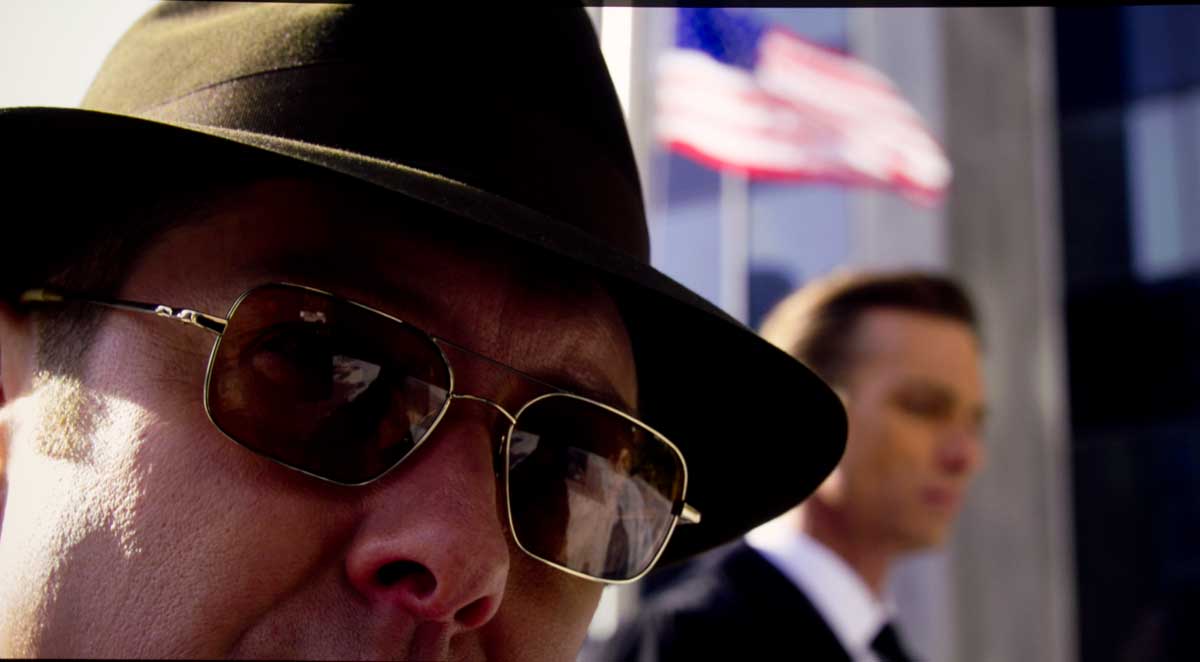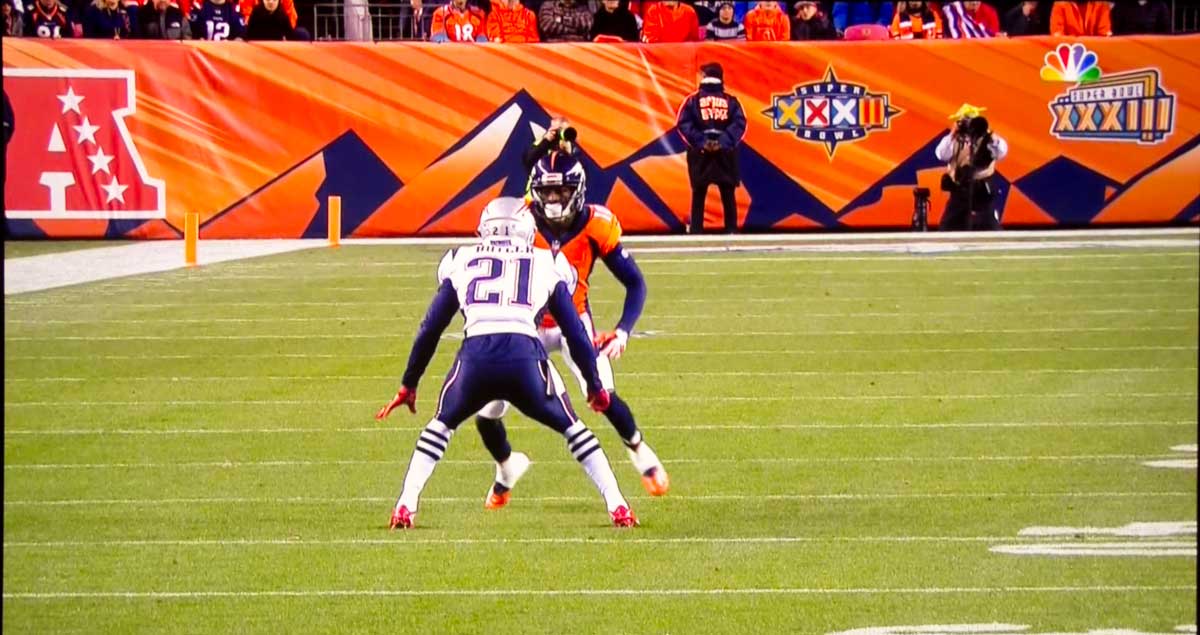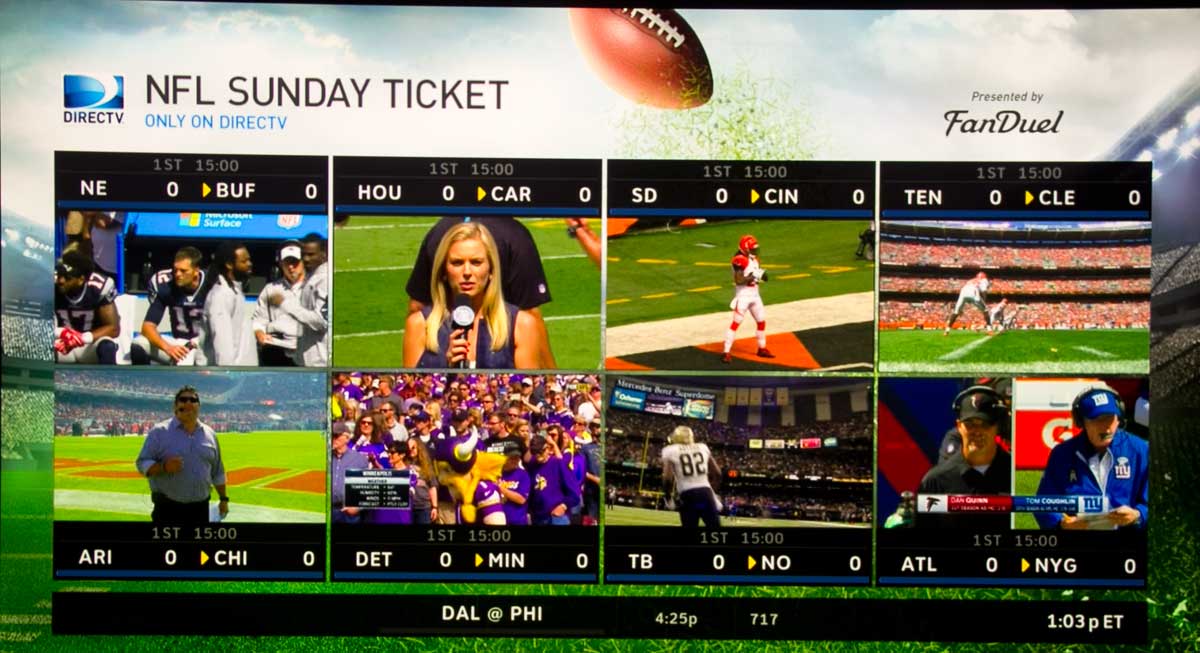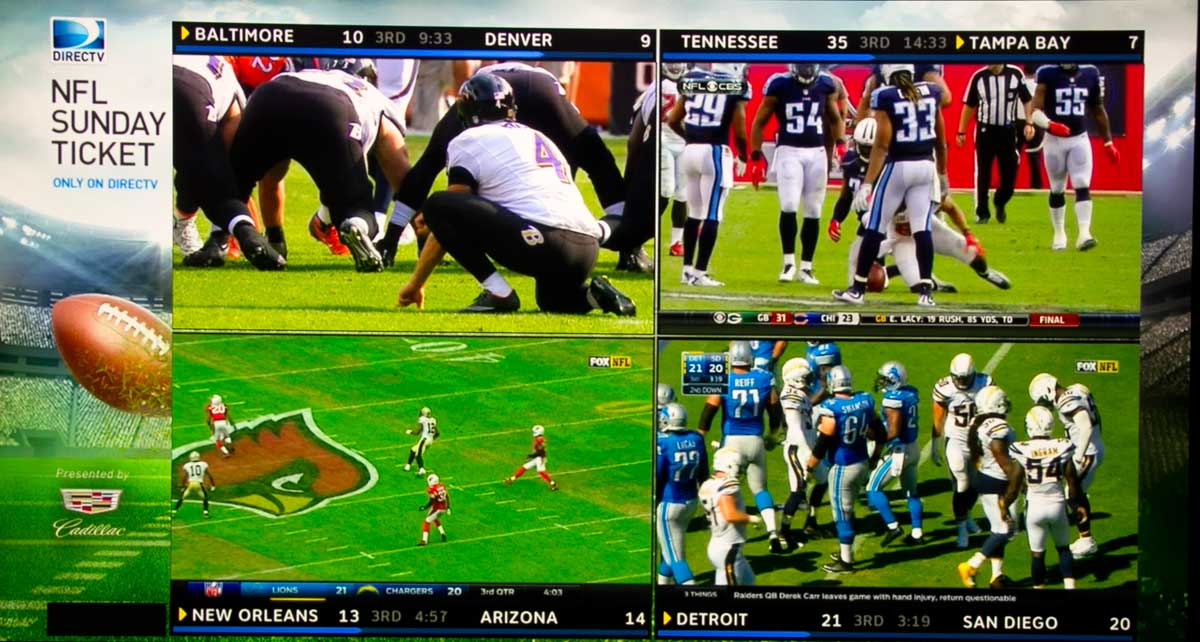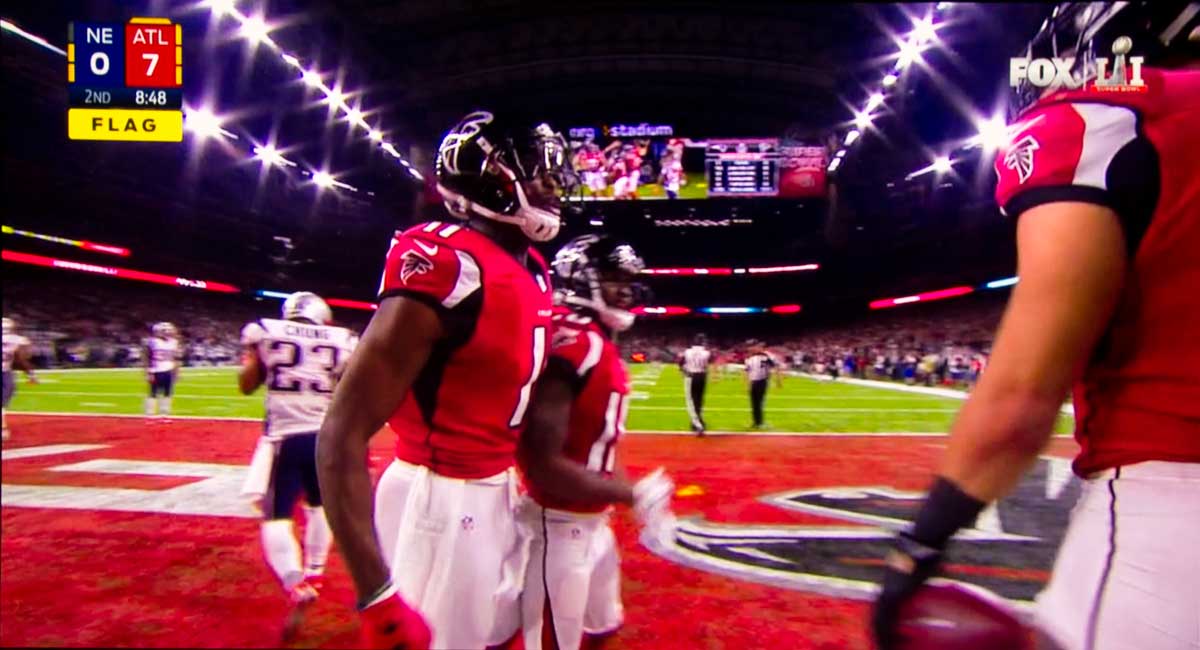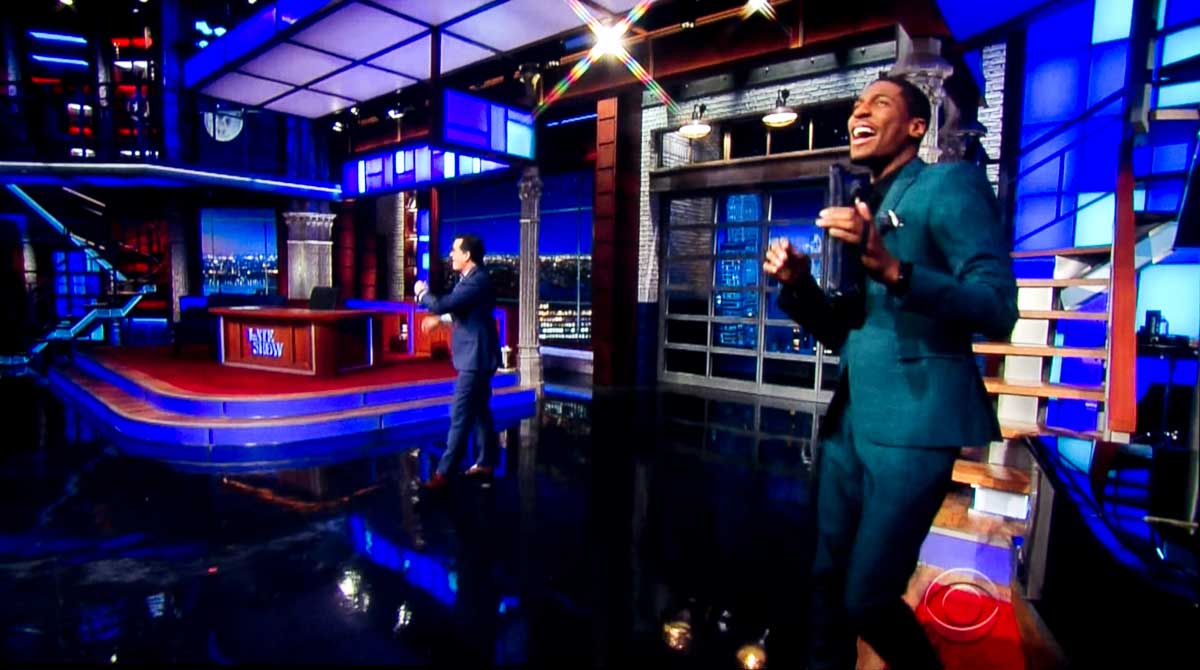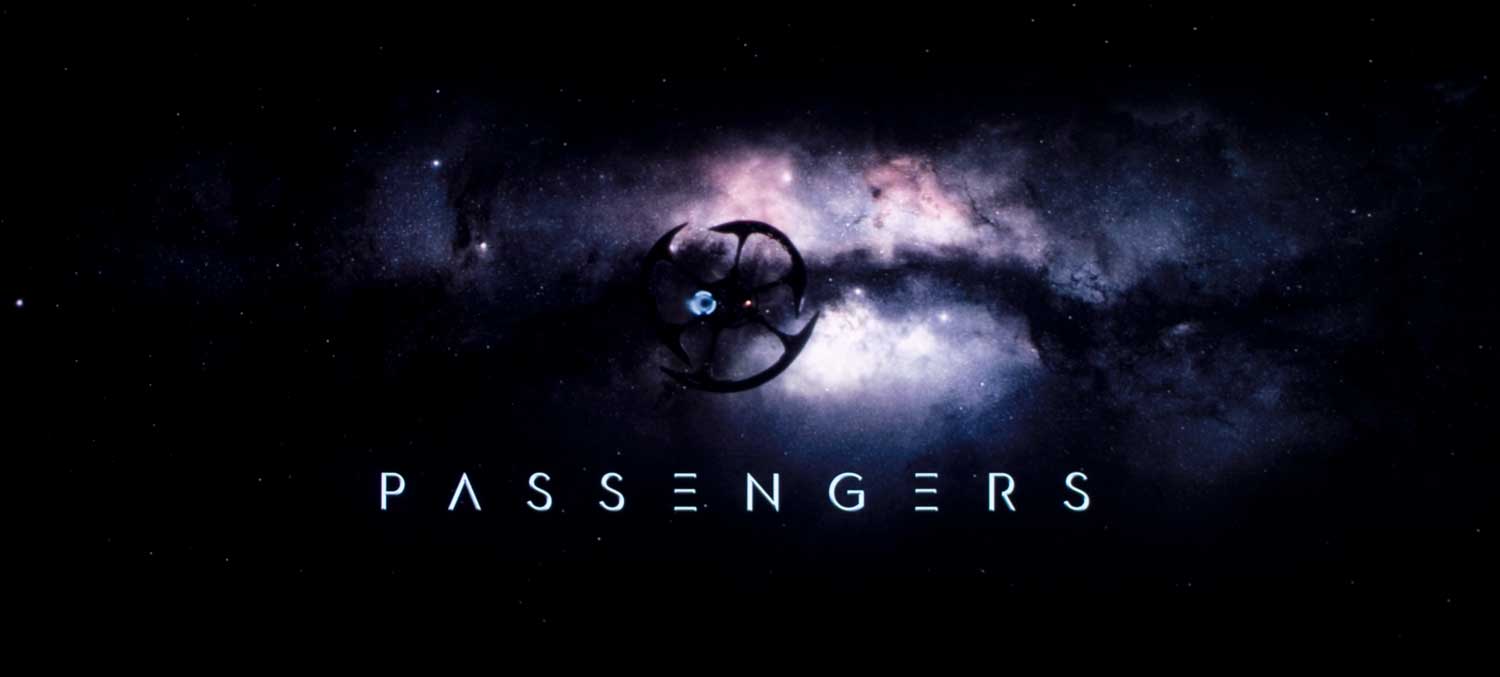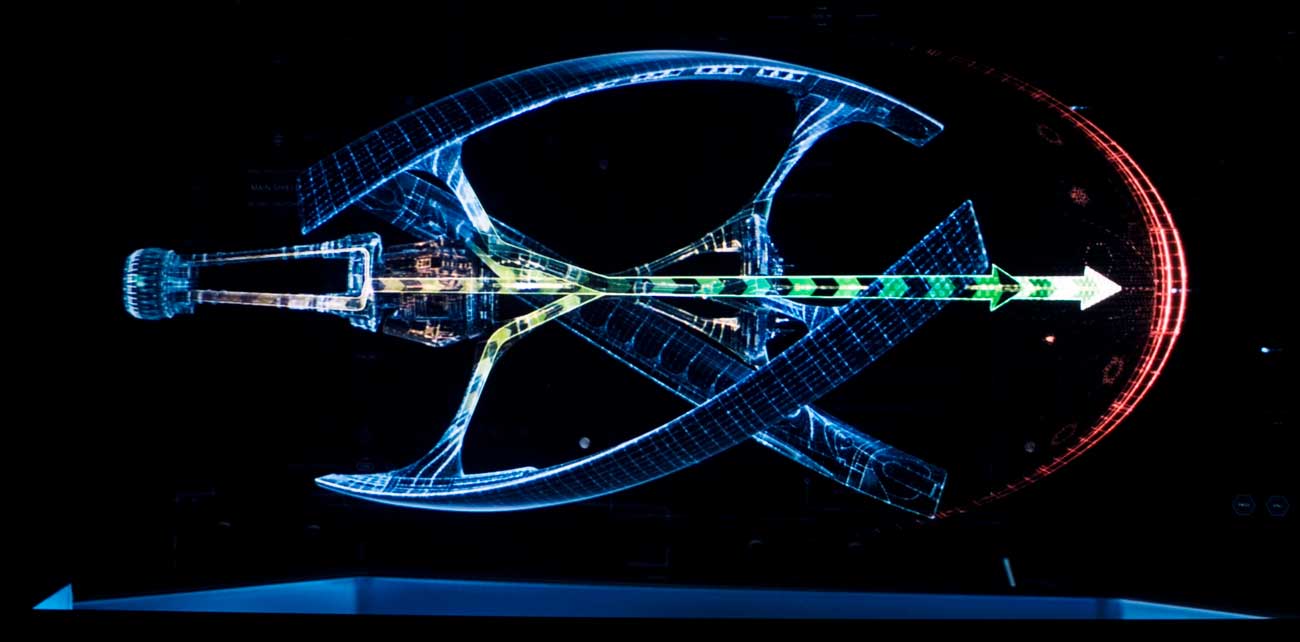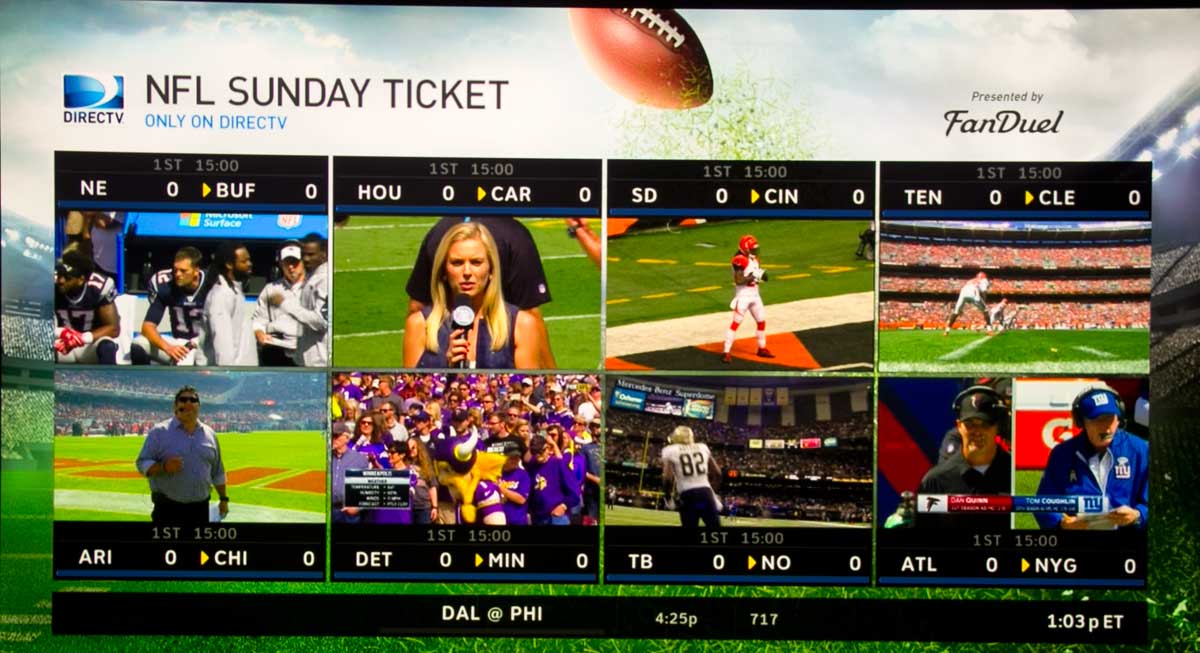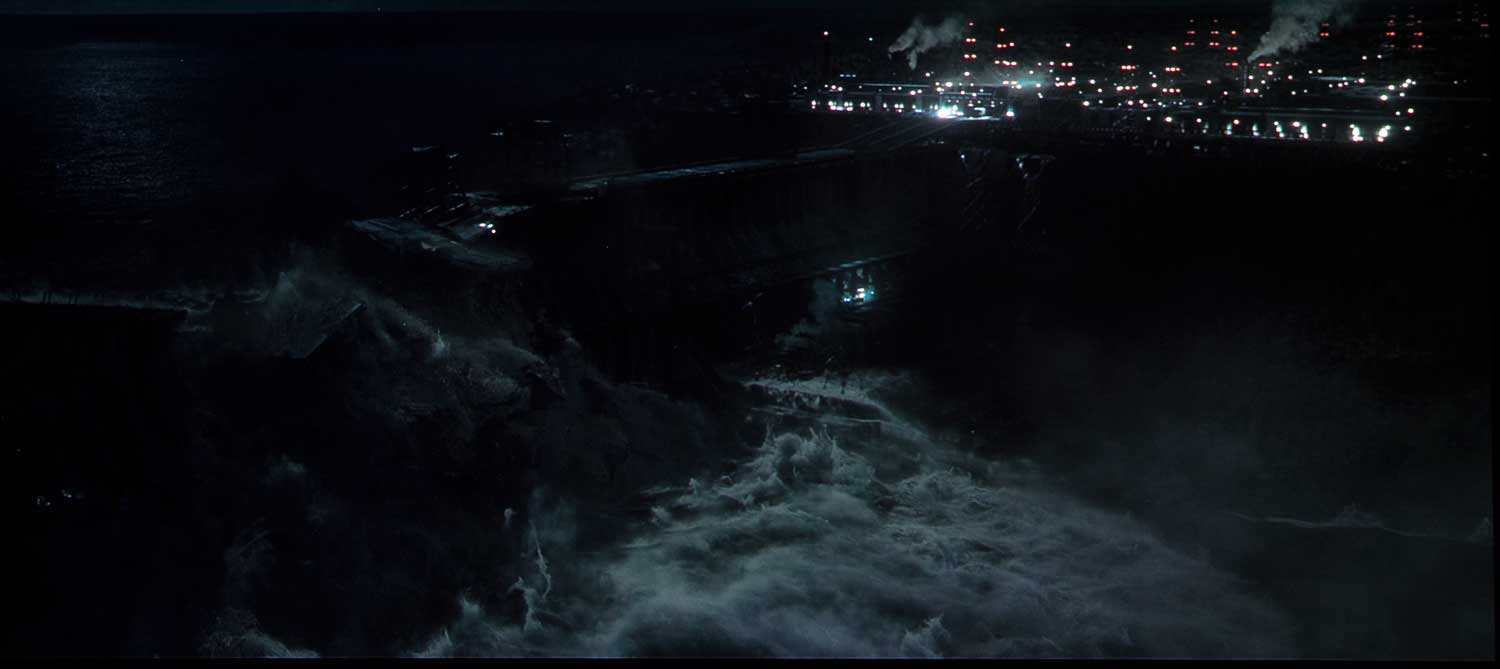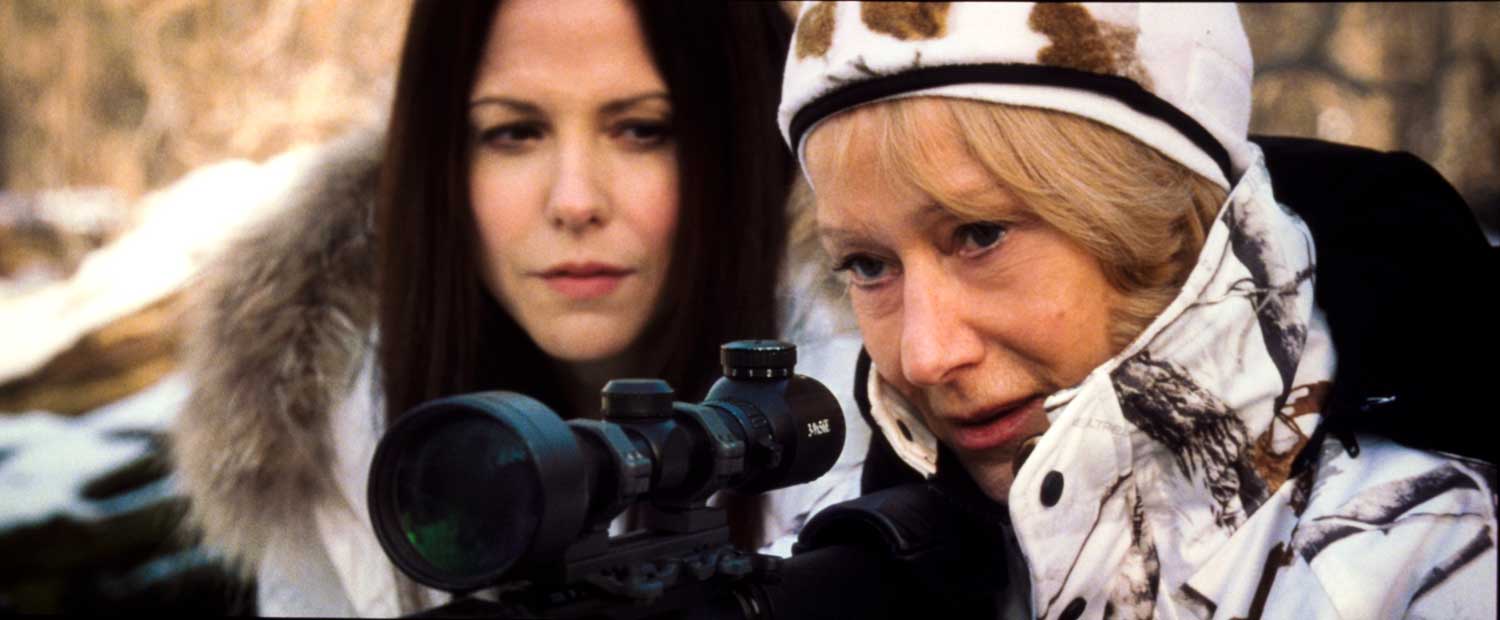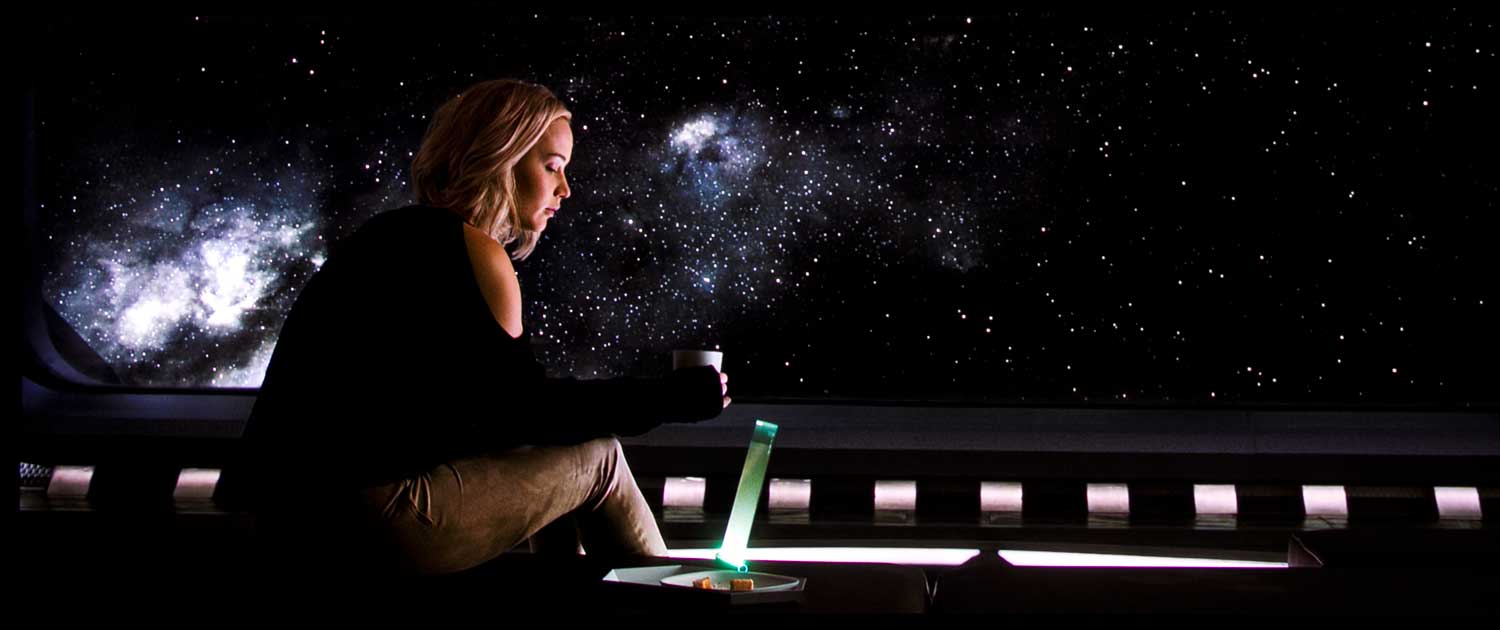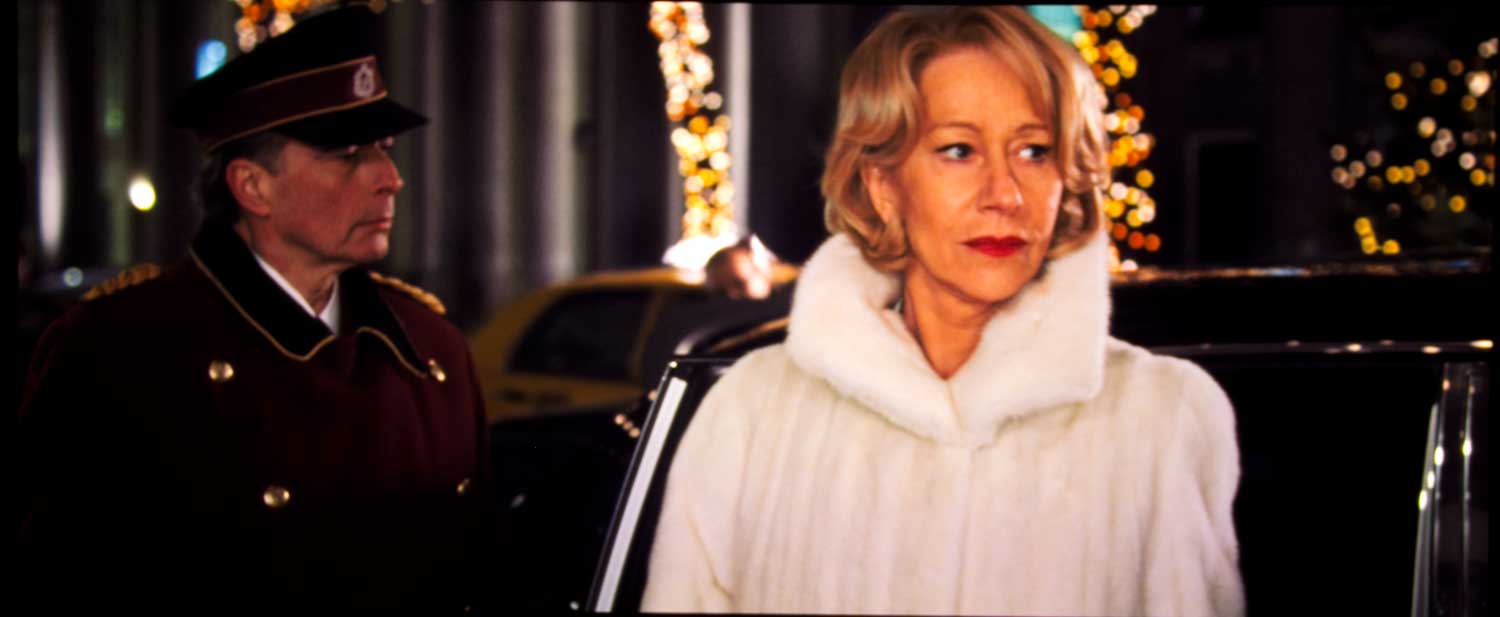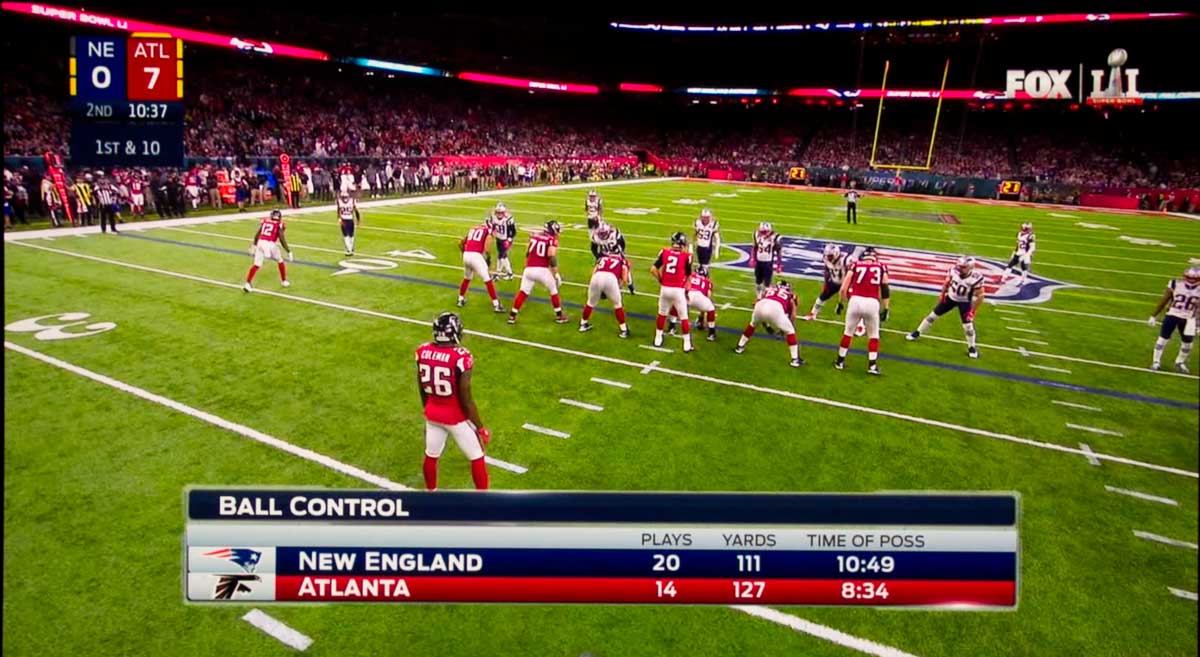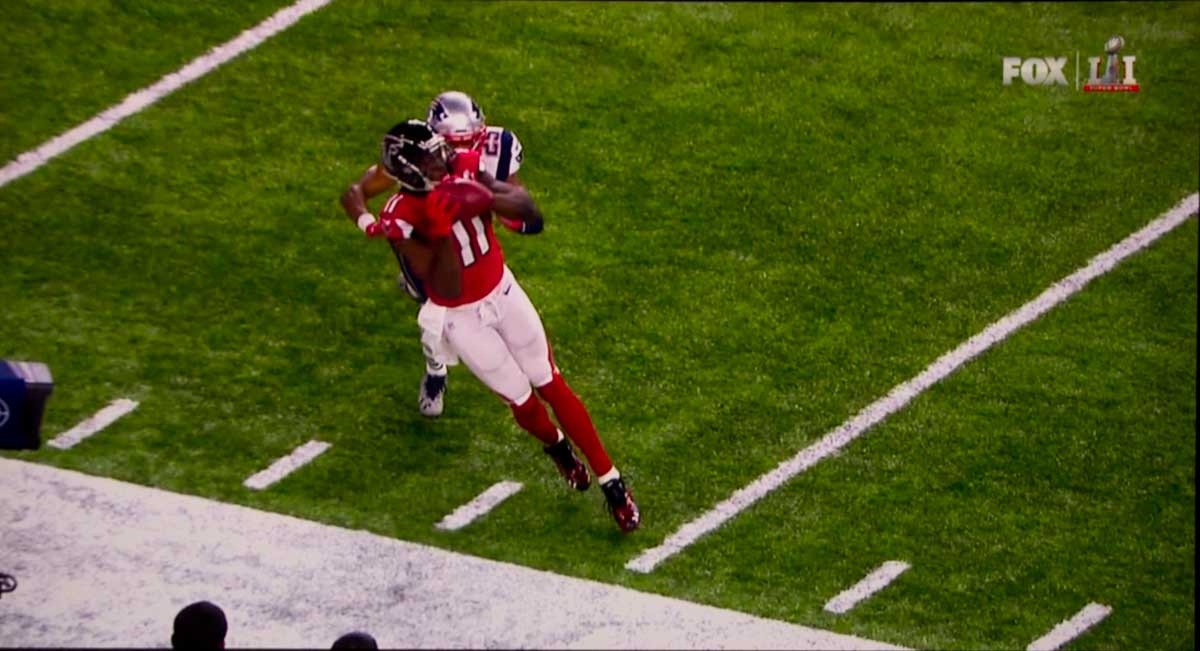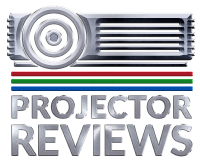I shot all the 1080p movie scenes with the HC5050UB, (I only shot 4K with the Pro Cinema 6050UB.) The content from these 1080p movies and 4K TV show do not hve HDR, nor P3 color. We used Eric’s calibrated Natural mode for all of these photos. From a color standpoint, Eric’s work only improved the picture colors slightly. The biggest difference between Eric's calibration and the original unadjusted mode, is that after his calibration, the images werer a little cooler - lower color temp. The changes in color, between “before and after” are, at most, slight. Whether looking at skin tones (Blacklist, Bond), or outdoor images (more Bond), or other general content, the Home Cinema 5050UB, and therefore (would be true of the Pro Cinema 6050UB too), is really excellent, post calibration. If not for a couple of Sony projectors, I’d have to say that the Epson’s color is as good as we see. Certainly – “close enough” to please almost everyone but some of us hard core fanatics, even without calibration. BTW BenQ is another company that does a very good job, "right out of the box."
As a result, our calibration settings will be less useful here (for non-HDR content) than with most projectors. Lamp variations (quality control) and aging of a lamp, are likely to cause as much shifting as the difference between default, and Eric’s calibrated settings. Still, try ours out. If you like them better, go for it. Overall, this Epson's tendencies are well balanced, but a little cool, with Natural being the closest to D65 before calibration. Even Digital Cinema with its filter is on the cool side. On the other hand, Digital Cinema calibrated almost perfectly, with only a 200 degree difference from 10 IRE to 100! Wow!
BTW the differences between pre-calibration and post-calibration for our Best 4K with HDR/P3 mode, are greater since Natural starts out about 500 degrees warmer than Digital Cinema. Also, for those not calibrating, for best color temp, the easiest thing to do is to go into Digital Cinema - Color Temp and adjust downward one setting (down one might be too much for Natural mode). But the right way to do it, is to adjust the Color Temp Gain and Bias. See Eric's calibration pages for our settings! Overall skin tones in this mode, aren’t as perfect as what we would expect if calibrating Digital Cinema mode instead of Natural, because of the addition of the Cinema filter in Digital Cinema mode (and P3 color). Let’s just say that the Cinema filter smooths out imperfections of color consistency, but at the cost of brightness, aka lumens. We had to make a calculated decision which mode to calibrate and thought that running Natural mode at high power lamp gave us maximum brightness, but some will prefer the noticeably quieter Medium lamp setting.
The bottom line on color and picture handling on non-4K HDR content – Just a touch below excellent! The great black level performance definitely helps the excellent color accuracy.

